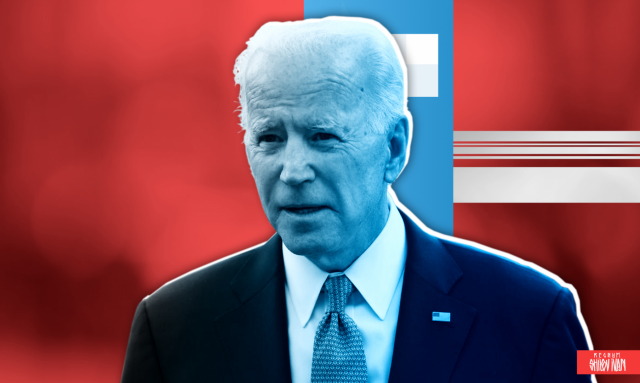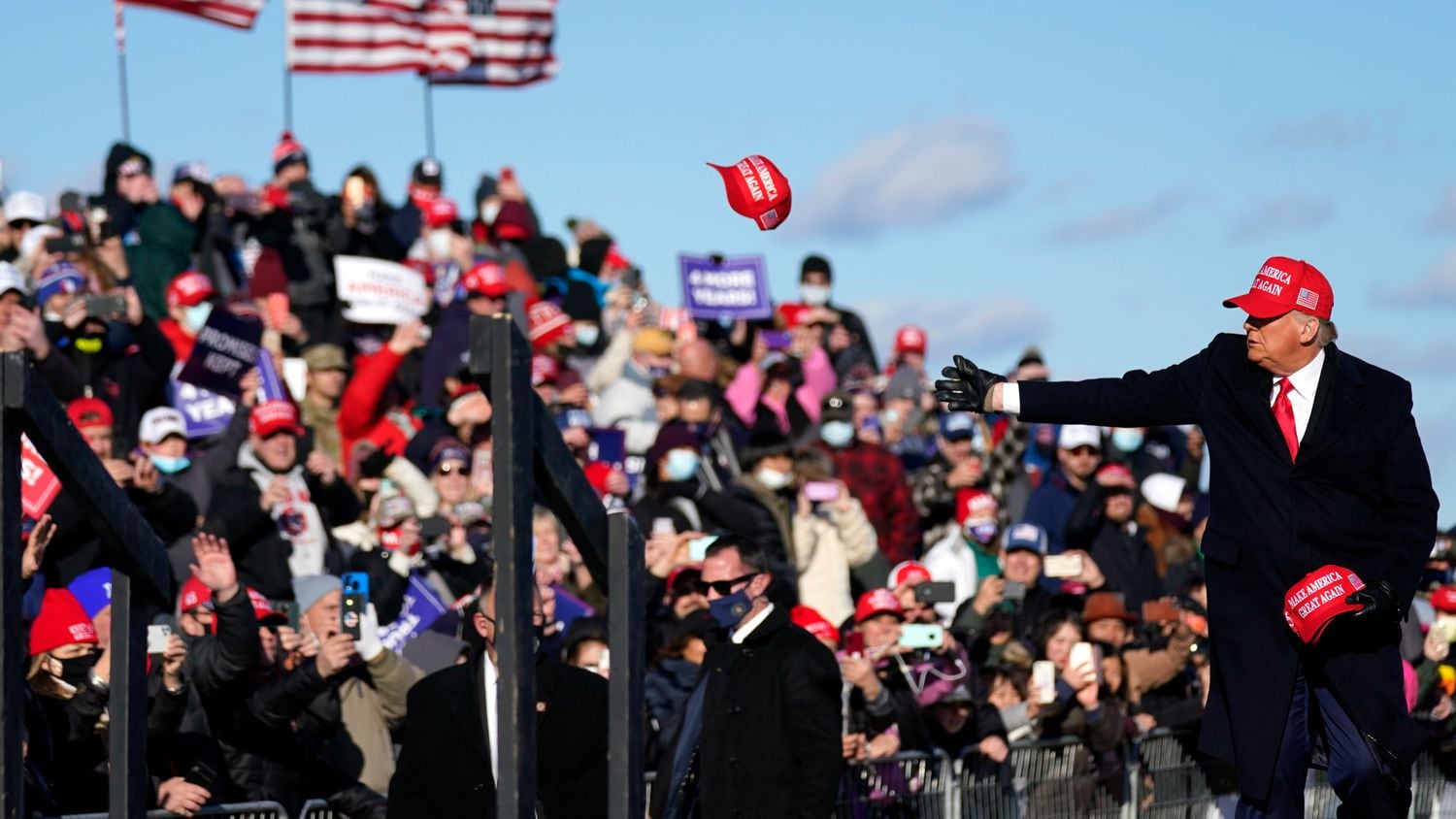
Biden’s Shadow Hangs Over Erdoğan
(Russia) on 23 October 2020
by Stanislav Tarasov (link to original)
As far as immediate reasons are concerned, many Turkish experts believe it’s no accident Turkish President Recep Erdoğan specifically chose the U.S. election season to “abruptly step up his policy in the South Caucasus, which led to the Karabakh war.”* As for long-term reasons, there’s a firm opinion in Turkey that "personal, trust-based relations have developed between Erdoğan and President Donald Trump,” and the Turkish leader’s actions not only in the South Caucasus but also in other parts of the greater Middle East "are of a concerted nature." The Turks’ sympathies are with Trump. They believe that, despite the anti-Turkish position taken by the U.S. Congress, which threatens and imposes sanctions against Ankara for various reasons, relations between the two countries are based on Trump’s tacit alliance with Erdoğan. Therefore, it's clear that the Turkish president's team is betting on Trump as a candidate who, the Turkish weekly Türkiye notes, “will do less damage to Turkish-American relations.” That’s number one.
Number two, within the Turkish analytical community, there’s the opinion that Trump isn’t a proponent of recognizing new states in the Middle East and “plays the Kurdish card in the Middle East solely for tactical interests,” according to the Hürriyet Daily News. “That’s why the fact that Joe Biden is ahead of Trump in the polls worries the Turkish ruling class, of course. However, Ankara often reflects on the fact that in 2016, Hillary Clinton also seemingly held the advantage throughout the entire campaign but lost to Trump.
Finally, number three, the Turkish national political mentality is dominated by the opinion that the U.S. would never abandon Turkey no matter who wins the election. Ankara is now satisfied that in the final stage of the race, the problems of Turkish-American relations are absent from the debates between Trump and Biden. And this is at a time when Turkey has begun to implement its “experimental” strategy in the South Caucasus in alliance with Azerbaijan.
But the situation might change dramatically if the incumbent U.S. president loses the election, which, by the way, Turkey is not ruling out. That's why Ankara reacted sharply to the "Turkish theses" of Biden, who stated that if he became president, he would "support those elements of the Turkish leadership that still exist and get more from them and embolden them to be able to take on and defeat Erdoğan ... not by a coup, but by the electoral process." In addition, Biden thinks that the U.S. needs to work with “allies in the region” to “isolate [Erdoğan’s] actions in the region, particularly in the Eastern Mediterranean and relating to oil and a whole range of other things.” Biden also speaks of support for the Turkish Kurds, who he says should be integrated “to participate in the process in their parliament.”
Speaking to students at Harvard University, Biden said with regard to responsibility for the rise of the Islamic State (an organization whose activities are banned in Russia), “Our allies in the region were our largest problem in Syria.” In his words, “They were so determined to take down Assad and essentially have a proxy Sunni-Shia war … We could not convince our colleagues to stop.” Biden said, “The Turks ... the Saudis, the Emiratis, etc., … What did they do? They poured hundreds of millions of dollars and thousands of tons of weapons into anyone who would fight against Assad. Except that the people who were being supplied were al-Nusra and al-Qaida and the extremist elements of jihadis coming from other parts of the world. Now you think I’m exaggerating, take a look ... America can’t once again go into a Muslim nation and be the aggressor.” In response, Erdoğan demanded an apology from Biden.
Moreover, the Democratic candidate is frank and open about the need to “isolate [Erdoğan’s] actions in the region, particularly in the Eastern Mediterranean and relating to oil and a whole range of other things.” He also notes that, “We’re not going to continue to play with them the way we have.” If Trump is reelected and the Republicans retain the majority in the Senate, it "would be much better for the relationship with Turkey than the other alternative," notes Saygın Şimşek, one of the founders of the platform Secular Turks for Trump. “Trump has exhibited a reconciliatory and constructive attitude in the relationship with Turkey. We think that he would maintain this attitude should he be reelected. A difficult period awaits Turkey if Biden is elected.” Tensions may increase in relations between the U.S. and Turkey over the S-400 missile system, the Eastern Mediterranean, Armenia and Syria.
With regard to this, the Turkish publication Yeni Çağ reports that Ankara already has a backup plan to secure a foothold on new frontiers by the time the fate of power is finally decided in Washington, and then to begin a new fight from new positions. Will it work?
*Editor’s note: The author is referring to the 2020 Nagorno-Karabakh war, an ongoing armed conflict between Azerbaijan, supported by Turkey, and the self-proclaimed Republic of Artsakh and Armenia in the disputed Nagorno-Karabakh region.


